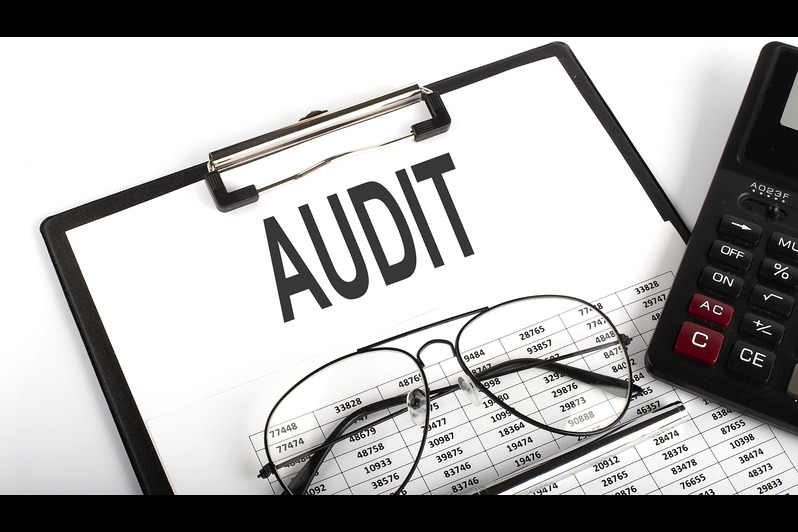A Federal Tax Authority (FTA) tax audit in the UAE is an in-depth review of an organization or individual’s financial information and accounts. Tax audits conducted by officers from the tax authority ensure that you’re fully complying with relevant tax laws, including the reporting of correct tax amounts.
Helpful tips to ensure your business is audit-ready
If you’re notified by the FTA of a scheduled tax audit in the UAE, the local tax authority suggests that you:
Set up a communication line prior to the audit
The ideal time in asking auditors the materials they’ll need is before they come and arrive at your premises. It will minimize surprises and provide you with ample time to plan. You will also be able to make the necessary changes in processes or files.
An auditor sent by the FTA for a tax audit in Dubai or anywhere in the UAE is often willing to give useful criteria or resources. Use them in evaluating your accounting treatment options or potential solutions.
Keep files complete, organized, and current
An audit typically reviews the regular documentation of company financial reports. This includes payroll documents, bank reconciliations, and voucher approvals. External reports, including reimbursement requests, grant reporting, and contract progress billings, will also be checked. It pays to ensure such documentation is completed promptly.
Remember that the local tax authority can monitor activities and manage the company operations effectively. They can also research variances more easily. Have well organized and complete records to help make gathering of requested documents for audit a lot easier.
Read also: FTA to Reduce Fines for 16 Types of Administrative Penalties
Learn from earlier audit results
Have you totally resolved prior audit recommendations? Should there be uncorrected misstatements from your last tax audit, do they affect your current financial statements when they remain uncorrected? Take the time in addressing unresolved problems and corrections now. This will put you on a firm ground for the results of the upcoming tax audit.
Assess changes in company activity
New/discontinued projects, changing procedures, and implementing a new policy can improve operational challenges. However, they also have the tendency to create new control concerns or internal weaknesses. IT’s important for an organization or business to assess the changes in activities. This is to ensure that they’re working properly and that no information is left during the transitional change. If possible, reach out to unbiased external auditors in Dubai with questions every time you change a procedure. They will help you set up the right controls.
Remember to document throughout the fiscal year
Federal Tax Authority tax auditors will often request documents that demonstrate the review and preparation processes. You may know a review or process occurred; however, the auditor won’t be able to have confirmation that it did.
Keep all supporting documents for tax charges that you think will be required during an audit. Also, don’t archive the records that are applicable to a certain period up until an audit has been formally concluded. Ensure all files are complete, then retain guidance from external sources such as an audit firm in Dubai. Finally, make sure to have all the supporting documents for unique circumstances or unusual transactions, e.g., overseas transactions.
Be wary of the changing accounting standards
They’ll usually require resources, including time, to be implemented correctly. Also consider reviewing audit reports from similar businesses, so you can stay ahead of the emerging issues.
Assign responsibilities
Review your list of items in order to prepare prior to an audit, and assign every item to a person whom you think is responsible. Include a due date, if feasible. It is essential to map out a timeline, including the responsibility for compiling the necessary documents. This will ensure you’re fully prepared for when an audit starts.
Read also: FAQs You Should Know About VAT
Perform thorough self-reviews of your annual report
Review work papers and schedules to make sure the amounts reconcile or agree to your trial balance once all closing entries have been made. Take one step back, then assess your overall financial statements. Check for reasonableness, Read and update notes to financial statements. Refer to your disclosure checklist for making sure you’ve included all required information. Lastly, be prepared in explaining line-item variances.
Be proactive
There may be certain items that are requested by a Federal Tax Authority officer which you are unsure about. Be proactive by asking them questions. This will avoid unnecessary delays as the audit starts. You should also discuss with your decision-makers or people you will rely on for important information in completing the audit preparation. It is important for you to have total transparency with the tax authority. What you want is to be clear on what exactly the FTA wants from you.
For expert guidance on preparing for an upcoming tax audit in Dubai, consult with the tax professionals in VAT Registration UAE today!

